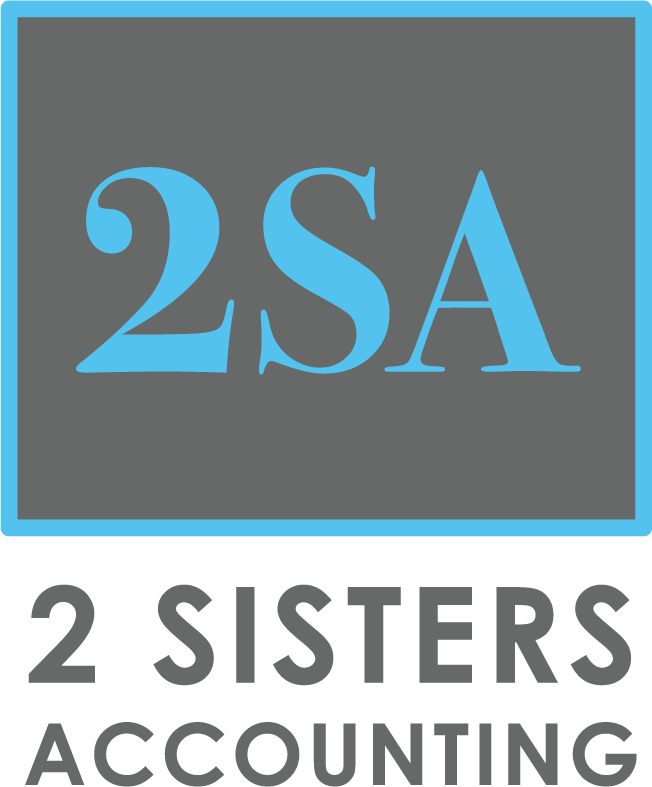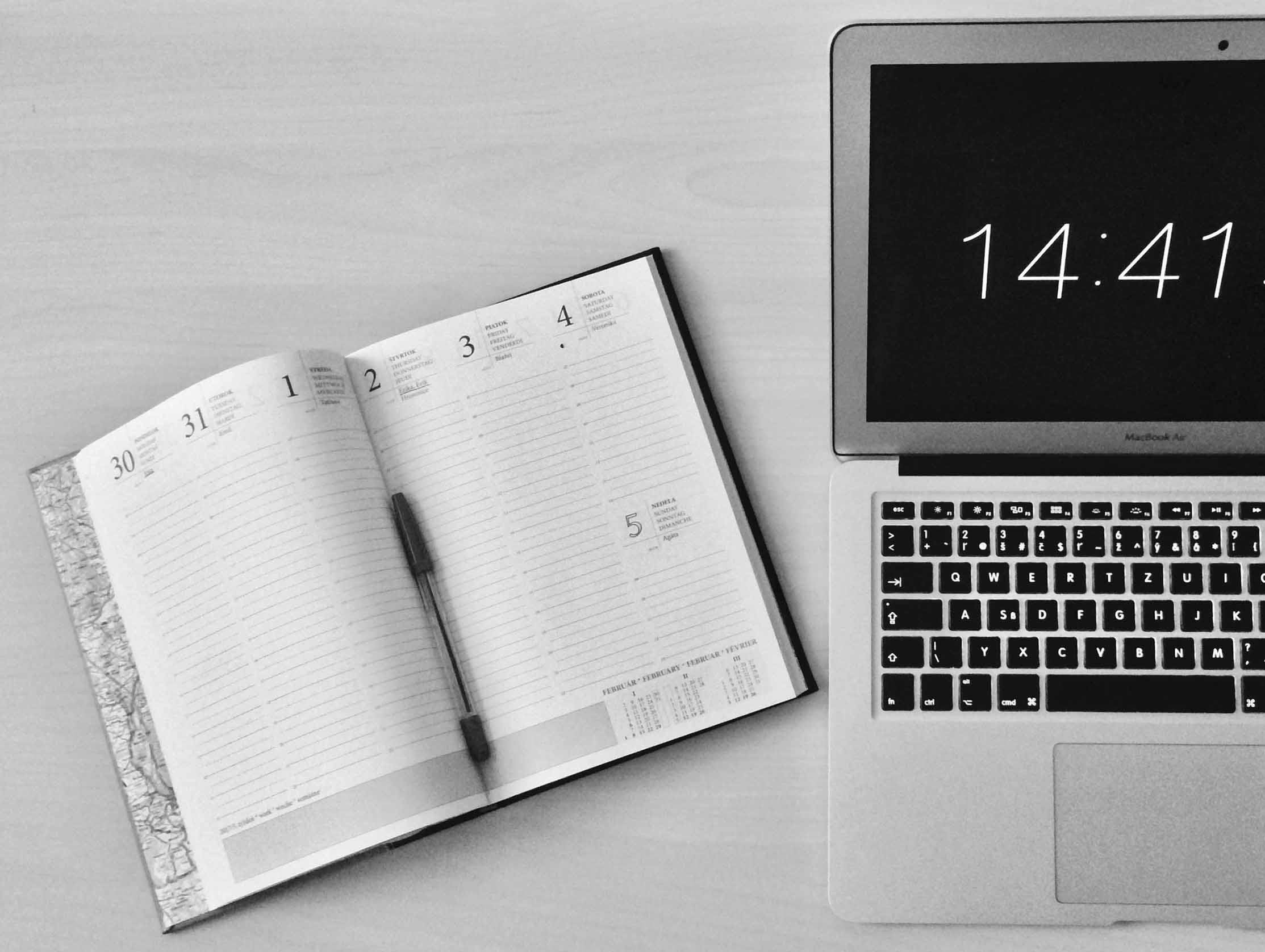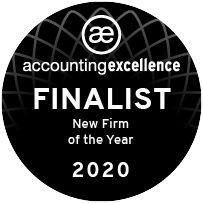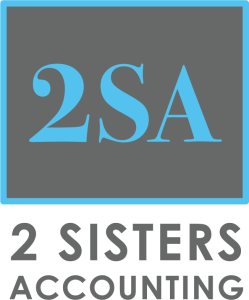There are a few options for claiming home offices expenses as a limited company. We go through them in this post starting with the simplest, and going on to the most complex.
FLAT RATE AMOUNT
The first is using HMRC’s flat rate amount. This is by far the simplest way and allows you to claim £6 a week, or £312 for the year. There are no receipts needed for this amount so you can just put it straight into your accounts. This tends to be the method we suggest for most limited company directors.
ACTUAL COST BASIS
The second option is to claim the cost of actual expenses. However for directors and employees of limited companies you can only claim the incremental cost of working from home. This means you can’t claim for costs that would have been incurred anyway, like mortgages, rent and council tax. You can claim for variable costs, like the additional cost for heat and electricity.
The calculation for this involves counting up the rooms in your house, working out the percentage business use of each room, dividing the allowable bills across the rooms and then allocating the proportion of work use against the amount per room.
RENTAL AGREEMENT
The final option is significantly more complicated but allows you to claim much more than £312 per year.
You are able to set up a rental agreement between yourself and your limited company for the rental of your home office space. There must be this formal agreement in place or HMRC may deem the money you receive from the company as additional salary.
If you chose this route you must declare the rental income on your self-assessment! This means while your company will save on corporation tax, you are personally liable for the tax on the rental profit. If you co-own the house the profit would need to be split between both owners.
The rental agreement must be drawn up in line with usual HMRC rules so it’s worth remembering that:
- For this agreement a dedicated room for business use should be in place
- The amount of rent needs to be based on market rate. You can’t set it too low to benefit your limited companies’ profits or too high to benefit you as the homeowner
- The amount of the agreement can cover things like mortgage payments, utilities, and council tax payments
- You will need to check with mortgage providers, landlords and insurance providers to ensure this agreement is allowed
Also worth remembering is by renting out a room in your home for business use it makes that room commercial, therefore if you sell your home capital gains tax would become payable for the rooms portion of the sale. For this reason its suggested that the agreement covers that the room is available for personal use outside of business hours.
If you need help deciding what the best option for your business is let us know and we will talk it through with you.
